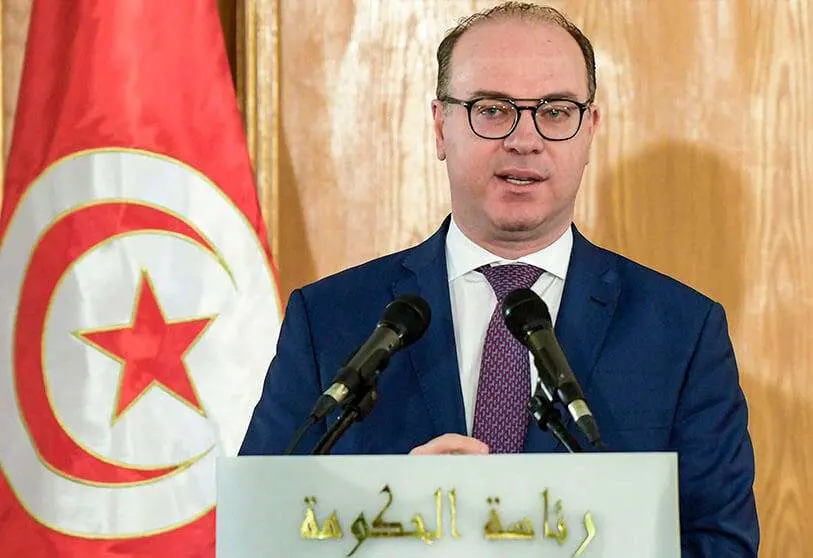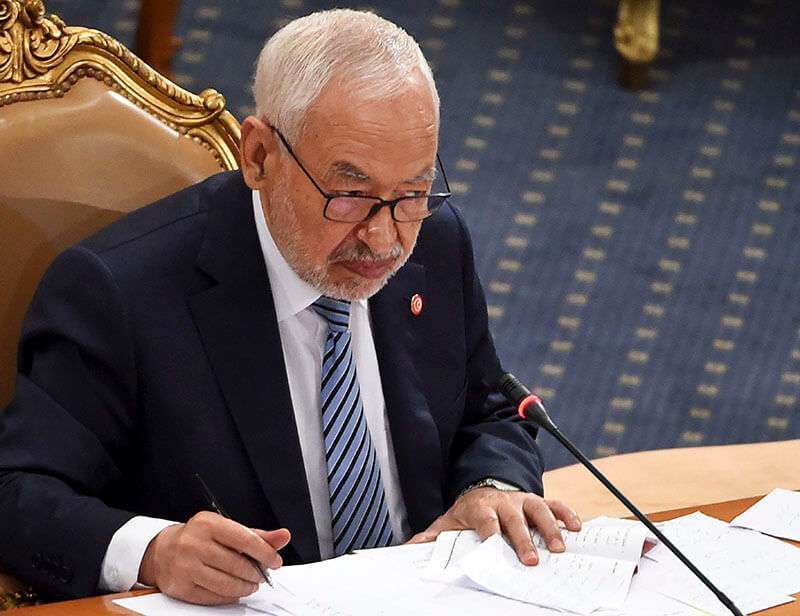Tunisia refuses to resort to foreign debt to overcome financial problems

Elyes Fakhfakh, Prime Minister of Tunisia, said on Sunday that the nation will not use any more foreign debt and that all payments to be made from now on will be financed only by domestic loans.
The difficult financial situation facing the Tunisian nation has led the country's authorities to consider abandoning recourse to contracting more foreign debt in exchange for relying on loans within the country itself. In addition, salary increases for public employees will be frozen in order to further relax the situation in the State's coffers.
On the issue of salaries, a conflict is foreseen with the powerful union of the Tunisian General Labour Union (UGTT), which is supposed to reject such a determination by the Executive, something that may lead to protests and strikes.
Tunisia requires up to an additional 4.5 billion dinars (about US$1.575 billion) in loans due to the current economic situation, which has been aggravated by the stoppage of activity caused by the COVID-19 disease health crisis, affecting the entire planet and leaving hundreds of thousands of deaths and millions of diagnosed cases, and forcing governments around the world to impose social confinement and distancing measures, which have led to a sudden halt in economic sectors. This scenario is gradually being restored with economic recovery and greater citizen mobility to promote greater spending and consumption and to get the economy back on track.
Thus, the Tunisian Government will effectively seek these 1,575 million dollars on the local market to alleviate the worrying rise in debt in relation to the Gross Domestic Product (GDP). “External debt reached dangerous levels and now reached 60% of GDP, compared to 30% in 2013 and I decided not to continue in this way,” Fakhfakh said in interview with Attessia TV.
The situation is worrying and very much so because Tunisia expects the economy to shrink to 4.3% this year, the biggest drop since independence in 1956.
One of the most important sectors is tourism, which is key to the economy of the North African country. Here precisely, income fell by approximately 50% in the first five months of this year compared to the same period in 2019, which shows the strong incidence that the coronavirus pandemic has had in this aspect.
With regard to public workers' salaries, the Prime Minister reaffirmed his decision not to increase them: “Public finances are very critical and we cannot continue with the approach of increasing wages”. In fact, they could be reduced if the situation remains bad, as Fakhfakh noted.
Tunisia is under pressure from international lenders to freeze public sector salaries, whose bill has doubled to more than 17 billion dinars ($5.95 billion) in 2020 from 7.6 billion ($2.66 billion) in 2010, as part of a program to reduce its budget deficit.
But the UGTT says that the average monthly wage is around $250, which is one of the lowest in the world, with high inflation rates reaching 6.3% in May; something that shows that domestic economy is unsustainable with low wages and a rising cost of living.
During these weeks Tunisia has also been dragging along a political struggle in Parliament between the Islamist Ennahda party and a large part of the opposition, led by the Free Destourian Party (PDL), which blames the formation with the largest parliamentary representation and its leader Rached Ghannouchi for being subject to external powers (Qatar and Turkey) and the postulates of a dangerous organization like the Muslim Brotherhood, investigated by several Western countries for alleged links to jihadist terrorism (not surprisingly, several al-Qaeda figures have been active with the Brotherhood in the past, as reported by various media).

In this case, the link between Ghannouchi and Ennahda and two countries such as Turkey and Qatar is denounced as being related to radical elements since, on the one hand, Turkey intervenes in the wars in Syria and Libya using mercenaries in pay from former affiliates of terrorist groups such as Al-Qaeda or Daesh, as reported by various media and, on the other hand, Qatar is subject to a political and economic bloc imposed by Saudi Arabia, the United Arab Emirates, Bahrain and Egypt since 2017, who accuse the Gulf monarchy of sustaining cross-border terrorism.








